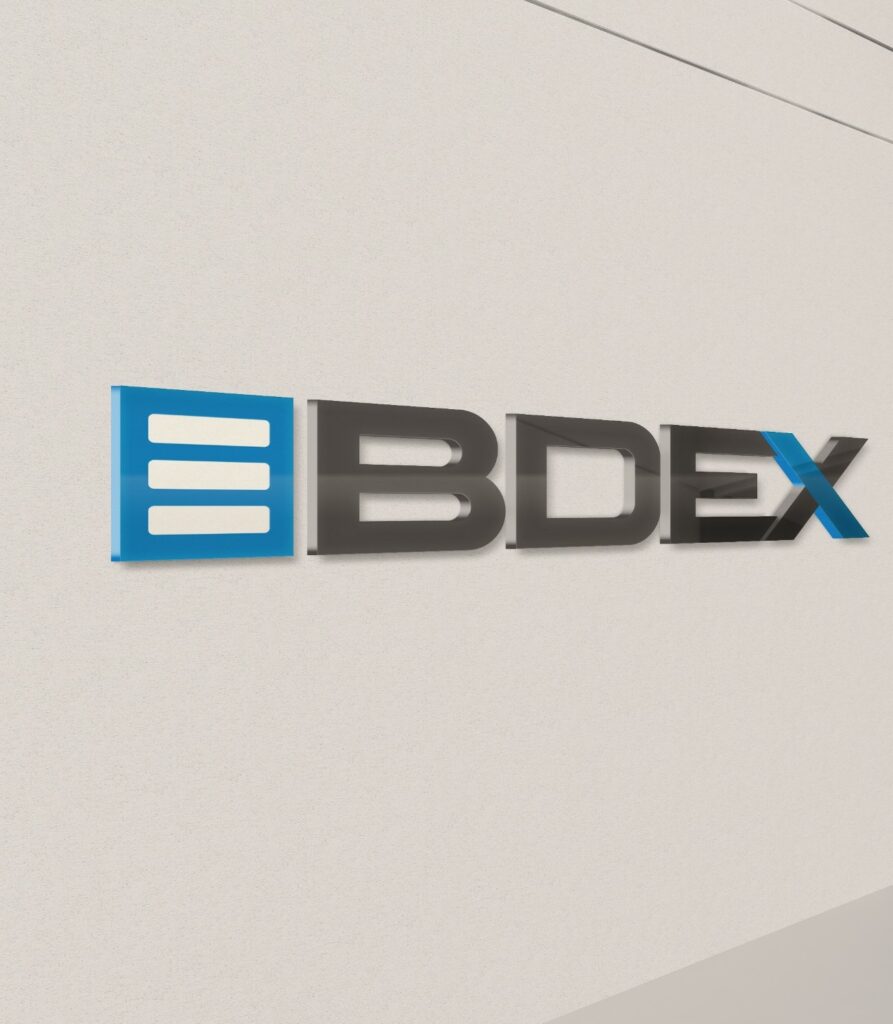Successful identity-based marketing with identity resolution requires data accuracy, a growing challenge in our everything-digital world.
Marketers have begun to recognize the substantial benefits of data-driven marketing, implementing techniques centered around putting customer data to work. This is especially true with identity-based marketing. Around 75% of marketers believe they’ll spend more money on ad tech, martech, and programmatic tools in 2020, according to a report from Forrester and Neustar.
A successful data-driven marketing strategy depends on tracking data points across channels and devices. Challenges continue to be accurately identifying customers across these channels. Obtaining the right data is another hurdle. Authenticated identity resolution data is what you really want. It’s difficult to find authenticated identity data. Authenticated means it’s linked to a real person. It means it’s verified to not be a bot.
Effective identity resolution means you’re able to recognize customers by the devices they use and the online behavior they exhibit, giving you a complete picture of who these individuals are and what they care about. This is really the first step in identity-based marketing that ensures you make real, human connections beyond the data signals you gather.
Deterministic vs. probabilistic approaches

Deterministic identity matching refers to pairing identifying information, like a name or email address, to multiple devices. This approach is direct because email addresses are used on different devices being matched.
Probabilistic is a bit more complex and involves making inferences and using algorithms that predict the links between devices. Machine learning levels up your identity-based marketing. Patterns can be detected with machine learning. These machine learning patterns suggest the same customer is using multiple devices.
Deterministic is more explicit, and probabilistic is more implicit. Both methods can help your identity-based marketing strategy. You want to make sure you know the pros and cons.
Deterministic identity matching provides direct links. This makes the view of the customer is accurate and cross-channel. This is considered the most precise identity-based marketing approach with identity resolution. Problems can arise if the links are incorrect. If someone uses another person’s email address to fill out an online form, it can ruin the link. Neustar research has shown that up to 50 percent of deterministic linkages are incorrect or fraudulent. Another drawback is that deterministic data is narrow.
A pro of the probabilistic approach is it has the potential to identify much more customer data. This strategy links devices and identifiers based on algorithms. This helps create more links with high confidence. Instead of just analyzing one-to-one matches like deterministic matching, probabilistic uses a wider variety of data. This method is limited to online data, and it may not always be as accurate as deterministic.
A hybrid approach to identity-based marketing
Both methods have their shortcomings. Some marketers will combine both methods when creating identity graphs. This hybrid approach benefits from the accuracy of direct linkage with more potential to scale customer data with identity-based marketing.
This hybrid approach is one solution to creating a better identity resolution strategy and can lead to more accurate, consistent customer data that will help build out your marketing plan. Just make sure the new identity graph combines both methods instead of using individual graphs simultaneously.
Using an identity resolution solution
Using the services of an identity resolution platform increases the accuracy of data and thus marketing efficiency. With one central identity graph and portal for customer data, marketers can experience higher conversion rates and increased ROI.
Integrating an identity graph into your marketing plans improves decision-making since campaign choices can be based on actual customer data. Better targeting comes with more accurate identification and audience segmenting.
Level Up Your Identity-Based Marketing Strategy
Improve your identity-based marketing strategy with authenticated identity resolution. BDEX is unique in that they can provide that linkage back to the person. BDEX provides the data solutions you need to improve your identity resolution strategy. We help you identify the real person behind the data, creating a holistic view of who that person is. We filter through billions of real-time data signals to identify which customers are exhibiting behaviors that indicate they’re ready to buy. These signals are then matched to data on our BDEX Identity Graph.
Our deterministic approach ensures that customers are accurately matched across their devices. We have more than 800 million email MD5-MAID-IP matches. Our data is anything but limited. We provide the IDs to you in real-time. This help you match instant connections, and you’ll only have to pay for the IDs that are returned. No licensing is required since our identity resolution service is subscription-based.
With identity resolution from BDEX, your data will be accurate and complete. Cross-device matching service helps make real human connections with your audience, allowing you to understand the individuals behind data signals.
The BDEX Data Exchange Platform (DXP) is the largest data platform in the U.S. With more than 6 billion unique IDs, 5,500 data categories, and over a trillion data signals, we help companies grow everyday. To learn more about all of our data solutions, including our Data as a Service offering, Omnisource IQ, get in touch with the BDEX team.



